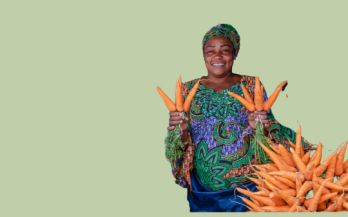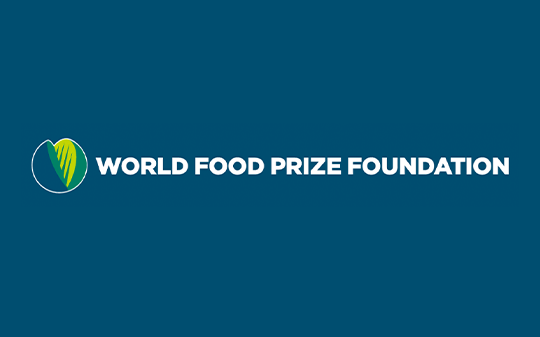
1 November 2024 | AgriMarketing
Farm Journal Foundation Forum Panel: Agricultural R&D Investments Can Help Avoid Climate Collision

1 November 2024 | AgriMarketing
Farm Journal Foundation Forum Panel: Agricultural R&D Investments Can Help Avoid Climate Collision

- 22/10/2024
The Initiative on Climate Action and Nutrition (I-CAN) presents a new report that analyses the intersection of biodiversity and nutrition, "Biodiversity and Nutrition Synergies: Evaluating National Biodiversity Strategies and Actions Plans for Integration." The report offers a comprehensive analysis of 192 National Biodiversity Strategies and Action Plans (NBSAPs), revealing the current state of nutrition integration in biodiversity policies worldwide.
30 October 2024 | Consumer Goods Forum

29 October 2024 | World Food Prize
2024 World Food Prize Week: Seeds of Opportunity - Bridging Generations and Cultivating Diplomacy

25 October 2024 | The Guardian
Govt conducting studies to inform formation of agriculture insurance


- 28/10/2024
Indonesia is confronting a pressing public health challenge that extends beyond diet: the impact of non- communicable diseases (NCDs) driven by lifestyle factors, including high sodium intake. This issue is particularly concerning as many NCDs, such as hypertension and cardiovascular disease, are preventable yet contribute significantly to the country’s morbidity and mortality rates. For instance, Indonesia’s stroke burden remains substantial, with a Disability- Adjusted Life Years (DALYs) rate of 3,809 per 100,000 people in 2021,1 one of the highest in Southeast Asia, reflecting the urgent need for targeted public health interventions.
14 October 2024 | Dealtown

23 October 2024 | The Standard

25 October 2024 | The Guardian
Govt conducting studies to inform formation of agriculture insurance